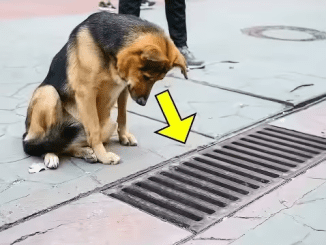Have you ever noticed an urgent need to use the bathroom right after eating? If so, you’re not alone. Many people experience this phenomenon, especially those with Irritable Bowel Syndrome (IBS). The connection between eating and bowel movements can be puzzling, but it often has a medical explanation. In this article, we’ll explore the reasons behind post-meal bathroom trips, the role of IBS, and how you can manage these symptoms effectively.
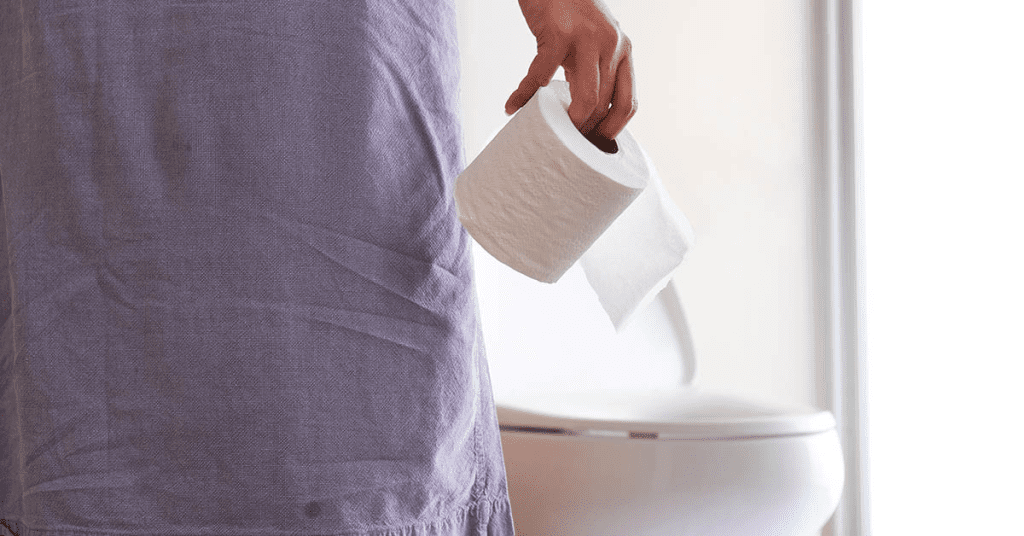
The Gut-Brain Connection: How Your Body Reacts After Eating
Understanding why you may feel the need to go to the bathroom after eating starts with the intricate relationship between your gut and brain. This connection plays a crucial role in how your body processes food and manages digestion.
1. The Gastrocolic Reflex
The gastrocolic reflex is a natural bodily response that occurs when food enters your stomach. As your stomach fills, it signals your colon to make room for the incoming food, which may trigger bowel movements shortly after eating. For many, this reflex is mild, but for others—particularly those with IBS—it can be much stronger, causing an almost immediate need to use the bathroom.
2. Stress and Its Impact on Digestion
Stress is a well-known factor that can significantly affect digestion. When you’re anxious or stressed, your body may respond by speeding up the digestive process, leading to more frequent and urgent bathroom visits. If you’ve ever experienced “butterflies” in your stomach or felt the need to go to the bathroom during stressful situations, this is a prime example of how closely your digestive system is tied to your emotions.
Managing stress through techniques like mindfulness, yoga, or meditation can help regulate your digestive system and reduce stress-induced bathroom trips.
Understanding IBS: The Basics of Irritable Bowel Syndrome
Irritable Bowel Syndrome (IBS) is a common condition that affects the large intestine. It causes a variety of uncomfortable symptoms, including abdominal pain, bloating, gas, and irregular bowel habits. Many people with IBS experience changes in their bowel movements, especially after eating.
3. Symptoms of IBS
IBS symptoms vary widely but often include alternating episodes of diarrhea and constipation. For many, these symptoms worsen after meals, leading to discomfort and an urgent need to find a bathroom. Post-meal symptoms are particularly common in people with IBS, as the digestive system becomes overactive after eating, prompting quick bowel movements.
4. Common IBS Triggers
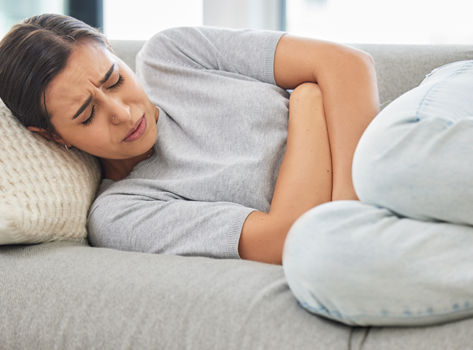
Certain foods and beverages are well-known triggers for IBS symptoms. Identifying these triggers can be key to managing the condition effectively. Some of the most common culprits include:
- Fatty foods: High-fat meals can overstimulate the digestive system, leading to cramping and increased urgency.
- Dairy products: Many people with IBS are lactose intolerant, meaning dairy can cause bloating, gas, and diarrhea.
- High-fiber foods: While fiber is important for digestive health, a sudden increase in fiber can cause bloating and discomfort, especially in individuals with IBS.
What to Do If You Experience Symptoms After Eating
If you frequently find yourself rushing to the bathroom after meals, it’s important to monitor your symptoms and make adjustments to your diet and lifestyle.
5. Keep a Food Diary
One of the most effective ways to identify food triggers is by keeping a food diary. Write down everything you eat and note any symptoms that follow. Over time, you may notice patterns that can help you pinpoint specific foods that trigger your IBS. Sharing this diary with a healthcare professional can also provide valuable insights for diagnosis and management.
6. Modify Your Diet
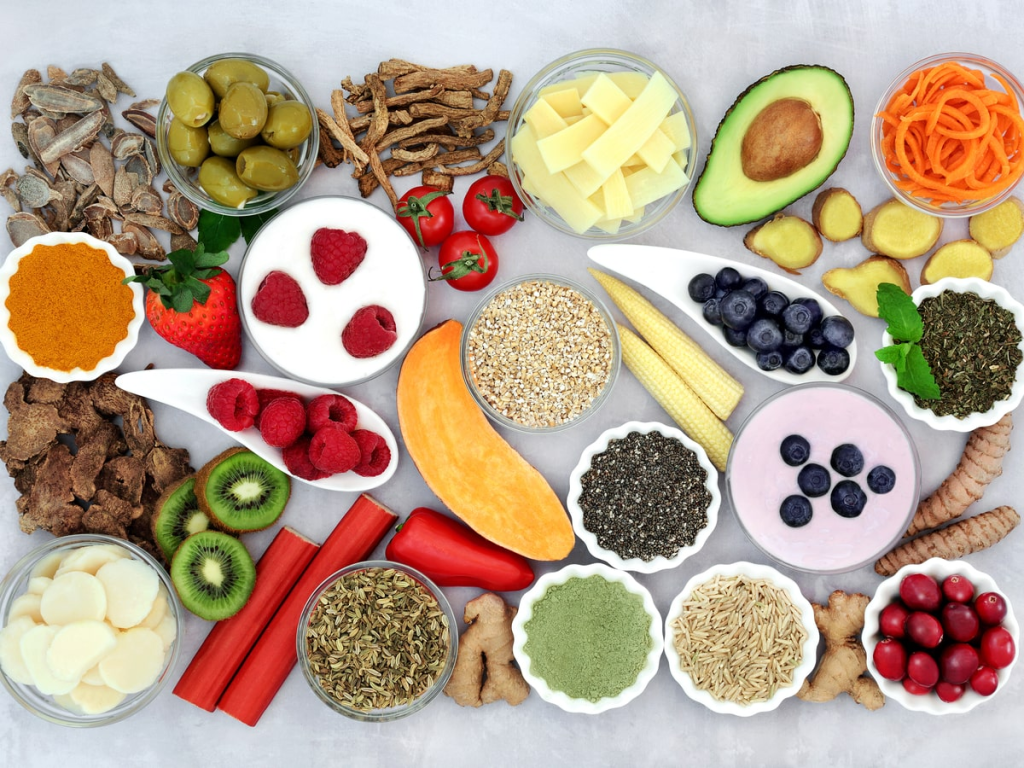
Once you’ve identified your trigger foods, it’s time to make changes to your diet. Reducing or eliminating these foods can significantly improve your symptoms. However, it’s essential to make these changes gradually. For example, if increasing fiber, do so slowly to allow your digestive system time to adjust and avoid exacerbating symptoms.
Lifestyle Changes to Support Digestive Health
Beyond diet, certain lifestyle changes can help manage IBS symptoms and improve overall gut health.
7. Stay Hydrated
Drinking enough water is crucial for digestive health. Proper hydration helps prevent constipation and keeps bowel movements regular. Aim to drink at least eight glasses of water a day, and consider reducing your intake of caffeine and alcohol, as both can worsen IBS symptoms.
8. Exercise Regularly

Regular physical activity is not only beneficial for your overall health but also helps support your digestive system. Exercise promotes regular bowel movements and reduces stress—both of which are critical for managing IBS. Find an activity you enjoy, whether it’s walking, swimming, or yoga, to help maintain consistency and reduce the severity of your symptoms.
When to Seek Medical Help for Digestive Issues
While occasional post-meal bathroom trips are normal, persistent or severe symptoms may indicate an underlying condition like IBS or something more serious. If your symptoms don’t improve with dietary and lifestyle changes, it’s time to consult a healthcare professional.
9. Diagnostic Tests
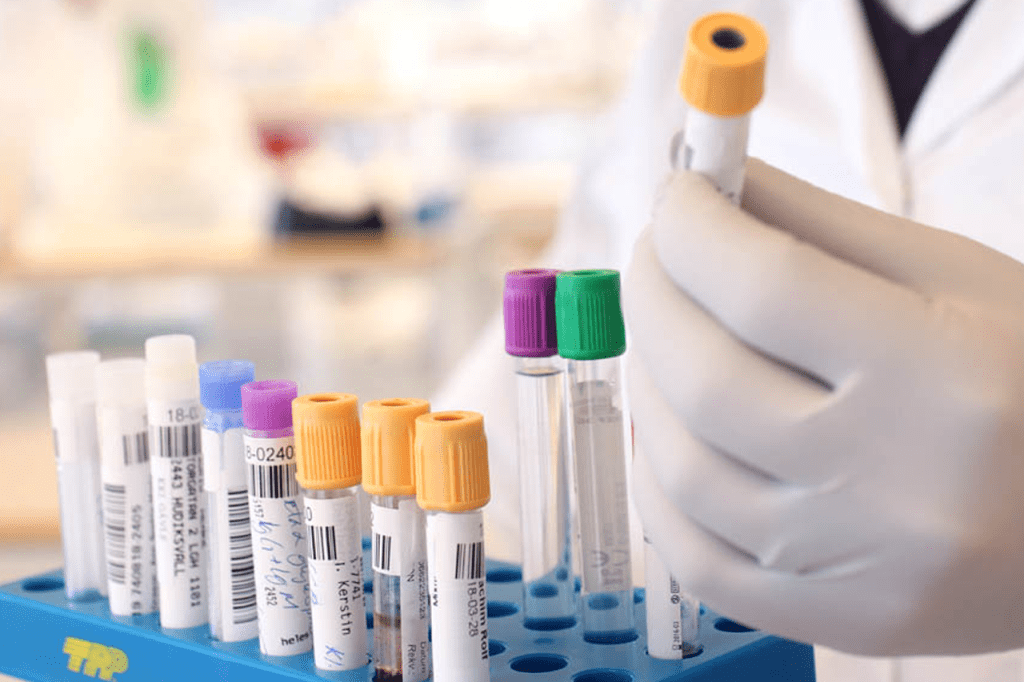
Your doctor may recommend tests to rule out other conditions that cause similar symptoms, such as infections, celiac disease, or inflammatory bowel disease (IBD). Diagnostic tools such as blood tests, stool tests, or colonoscopies can help pinpoint the cause of your digestive issues and guide treatment.
Treatment Options for IBS
Depending on your diagnosis, treatment for IBS may include dietary changes, medications, or stress-management techniques. Medications to regulate bowel movements, reduce pain, or manage diarrhea may be prescribed, while cognitive-behavioral therapy (CBT) or relaxation exercises can help control stress-related symptoms.
Conclusion: Taking Control of Your Gut Health
Experiencing the need to poop after eating can be inconvenient and uncomfortable, but understanding the underlying causes—especially if you have IBS—can help you manage the symptoms more effectively. By recognizing the triggers, maintaining a balanced diet, managing stress, and incorporating lifestyle changes like regular exercise and hydration, you can improve your digestive health and regain control over your bowel habits.
Remember, you don’t have to navigate this journey alone. Consult a healthcare professional for guidance, and take proactive steps to prioritize your well-being. With the right approach, you can manage your symptoms and enjoy a healthier, more comfortable life.


